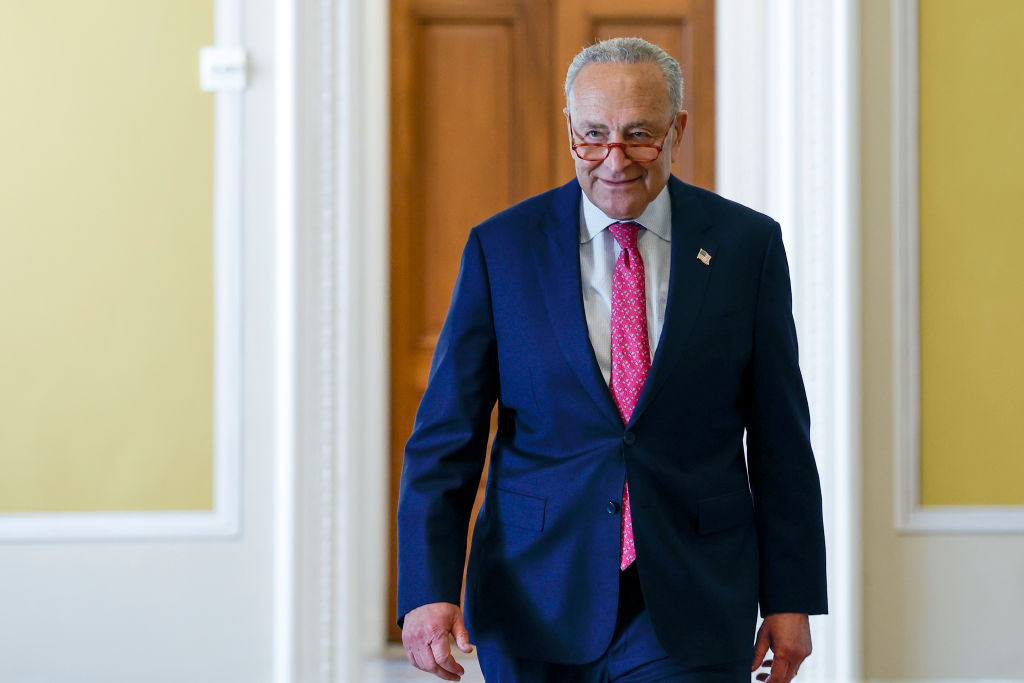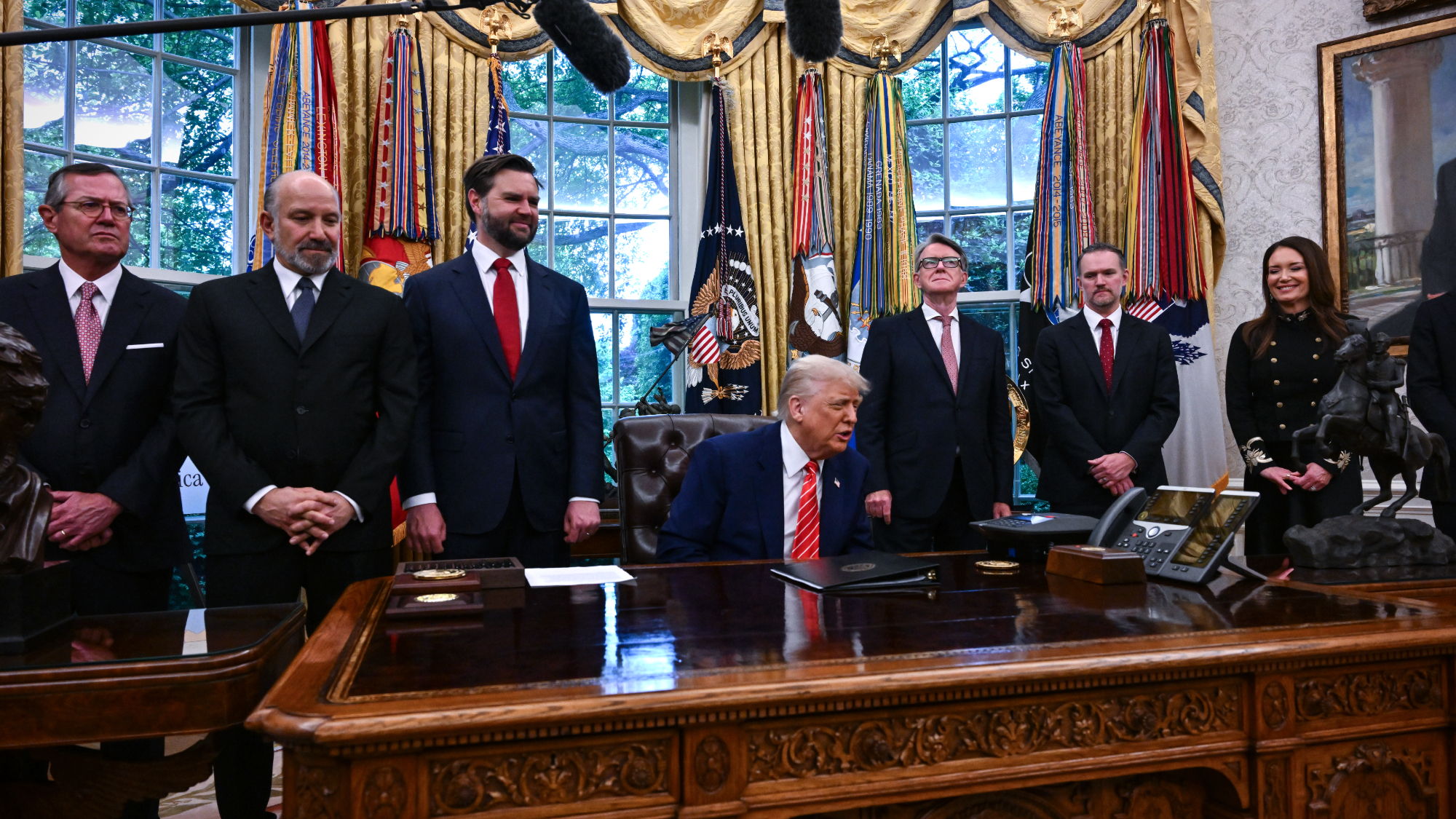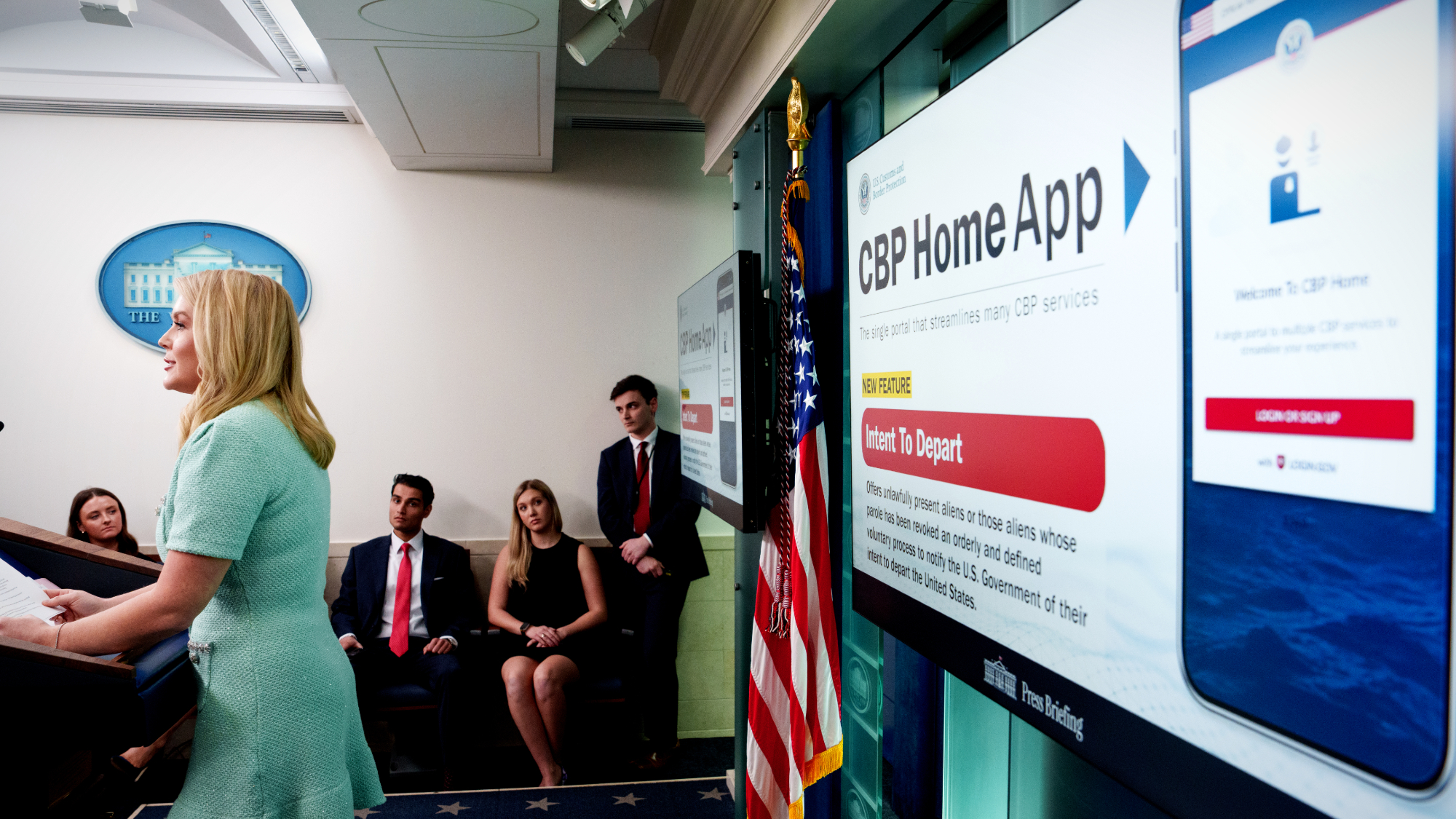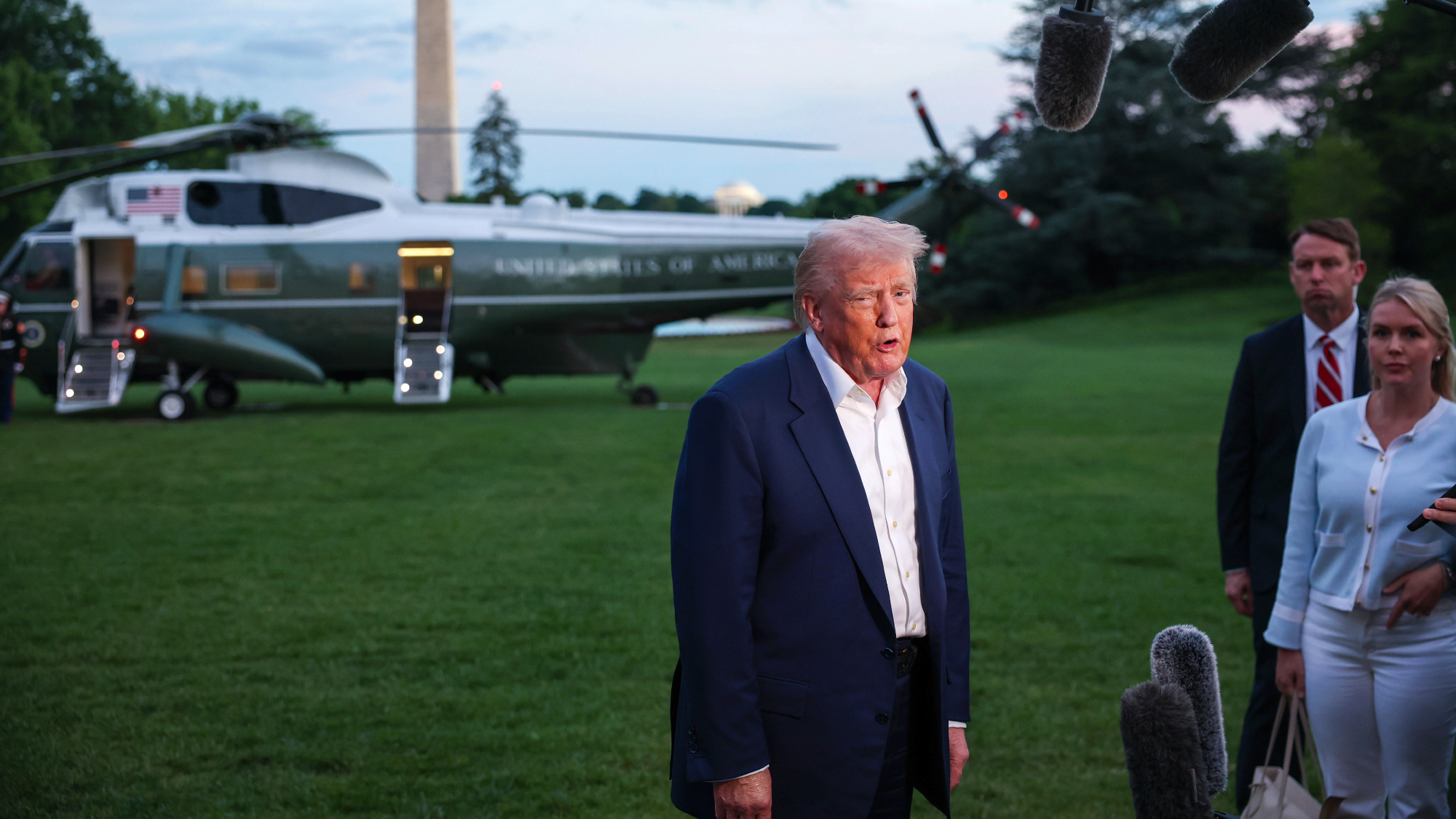Senate approves debt ceiling suspension, averting default


The Senate voted 63-36 late Thursday to suspend the debt ceiling for two years and reduce government spending, sending the bill to President Biden's desk and averting a default on U.S. financial obligations that loomed as early as Monday. The bill, negotiated by Biden and House Speaker Kevin McCarthy (R-Calif.), passed the House on Wednesday night with broad bipartisan support. In the Senate, four Democrats, 31 Republicans, and Sen. Bernie Sanders (I-Vt.) voted no.
"America can breathe a sigh of relief," Senate Majority Leader Chuck Schumer (D-N.Y.) said after the vote. "We are avoiding default." Biden said he looks forward to signing the bill "as soon as possible and addressing the American people directly tomorrow."
To pass the bill so quickly, at least by Senate standards, Schumer agreed to allow 10-minute votes on 11 amendments, 10 from Republicans and one from a Democrat. Approval of any of the amendments would have sent the legislation back to the House and almost certainly pushed the U.S. Treasury past Monday's default deadline. All 11 amendments were defeated.
Subscribe to The Week
Escape your echo chamber. Get the facts behind the news, plus analysis from multiple perspectives.

Sign up for The Week's Free Newsletters
From our morning news briefing to a weekly Good News Newsletter, get the best of The Week delivered directly to your inbox.
From our morning news briefing to a weekly Good News Newsletter, get the best of The Week delivered directly to your inbox.
The debt ceiling limits the amount the federal government can borrow to pay for obligations promised by Congress. McCarthy and his caucus refused to raise the limit without concessions. McCarthy and Biden both claimed some victories from their deal. In the end, more Democrats than Republicans voted for the legislation.
Sign up for Today's Best Articles in your inbox
A free daily email with the biggest news stories of the day – and the best features from TheWeek.com
Peter has worked as a news and culture writer and editor at The Week since the site's launch in 2008. He covers politics, world affairs, religion and cultural currents. His journalism career began as a copy editor at a financial newswire and has included editorial positions at The New York Times Magazine, Facts on File, and Oregon State University.
-
 What does 'conquering' Gaza mean to Israel?
What does 'conquering' Gaza mean to Israel?Today's Big Question Benjamin Netanyahu's cabinet has approved a plan to displace much of the Palestinian population while seizing and occupying the territory on a long-term basis.
-
 Casey Means: the controversial 'wellness influencer' nominated for surgeon general
Casey Means: the controversial 'wellness influencer' nominated for surgeon generalIn the Spotlight Means has drawn controversy for her closeness to RFK Jr.
-
 Trump taps Fox News' Pirro for DC attorney post
Trump taps Fox News' Pirro for DC attorney postspeed read The president has named Fox News host Jeanine Pirro to be the top federal prosecutor for Washington, replacing acting US Attorney Ed Martin
-
 Trump taps Fox News' Pirro for DC attorney post
Trump taps Fox News' Pirro for DC attorney postspeed read The president has named Fox News host Jeanine Pirro to be the top federal prosecutor for Washington, replacing acting US Attorney Ed Martin
-
 Trump, UK's Starmer outline first post-tariff deal
Trump, UK's Starmer outline first post-tariff dealspeed read President Donald Trump and British Prime Minister Kier Starmer struck a 'historic' agreement to eliminate some of the former's imposed tariffs
-
 Fed leaves rates unchanged as Powell warns on tariffs
Fed leaves rates unchanged as Powell warns on tariffsspeed read The Federal Reserve says the risks of higher inflation and unemployment are increasing under Trump's tariffs
-
 Denmark to grill US envoy on Greenland spying report
Denmark to grill US envoy on Greenland spying reportspeed read The Trump administration ramped up spying on Greenland, says reporting by The Wall Street Journal
-
 Supreme Court allows transgender troop ban
Supreme Court allows transgender troop banspeed read The US Supreme Court will let the Trump administration begin executing its ban on transgender military service members
-
 Hollywood confounded by Trump's film tariff idea
Hollywood confounded by Trump's film tariff ideaspeed read President Trump proposed a '100% tariff' on movies 'produced in foreign lands'
-
 Trump offers migrants $1,000 to 'self-deport'
Trump offers migrants $1,000 to 'self-deport'speed read The Department of Homeland Security says undocumented immigrants can leave the US in a more 'dignified way'
-
 Trump is not sure he must follow the Constitution
Trump is not sure he must follow the Constitutionspeed read When asked about due process for migrants in a TV interview, President Trump said he didn't know whether he had to uphold the Fifth Amendment